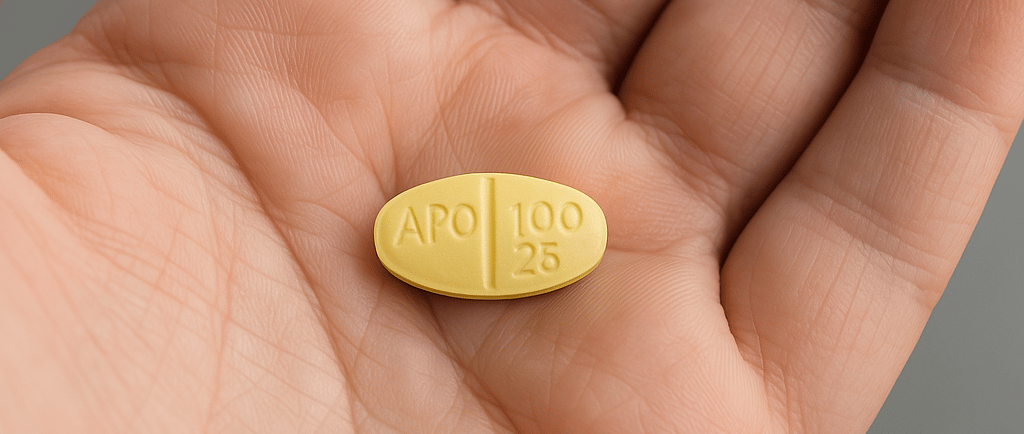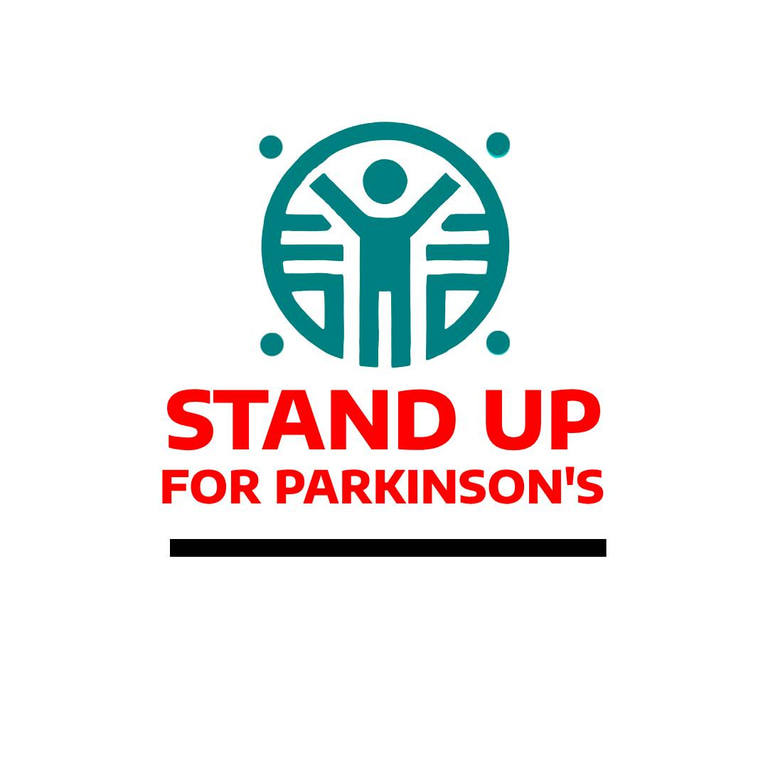Join me in challenging stigma, building awareness, and creating community for over 110,000 Canadians living with Parkinson’s.
You Have Parkinson's: Now What?
Drugs
4/1/20255 min read


You Have Parkinson’s: Now What? Drugs
As I had just left my neurologist’s office with a new diagnosis of Parkinson’s, the question was immediate: Now what? What does this mean? How long do I have to live? Will it progress quickly? Will my journey be the same as my mother's? As I mentioned before, the diagnosis didn’t overwhelm me—I had already suspected it. Knowing my symptoms, I had practically diagnosed myself before I even saw the neurologist.
I was lucky to have a great neurologist who sat and talked with me for as long as I needed, answering all my questions. She also recommended that I see a movement disorder specialist (MDS) for more specialized care. Though she was willing to see me for as long as necessary, she felt I would be better off applying to Toronto Western Hospital.
Now came the question of how to tell my wife and kids. I don’t remember how I told my wife, but I do know it happened on her birthday—not exactly the kind of gift either of us would have wanted. When it came to my kids, I wanted to wait until I had an official diagnosis. It’s funny how three children can have completely different reactions to the same news. One wanted all the facts, another broke down in tears, and the third cracked a joke—something about throwing me into a bathtub to create a human Jacuzzi. To this day, I wish I could remember the exact punchline.
And just like that, life went on.
The Slippery Slope Into the Internet
The next phase of my journey involved a deep dive into the internet. Oh, look—they make special forks for people with Parkinson’s. If I have to give up running, maybe I could switch to biking. And if biking became too difficult, maybe I could get a stand-up bike. Or what kind of wheelchair would I need?
Looking back, what I was really doing was searching for a way to keep moving forward. I knew I couldn’t stop the way my mother had, and I didn’t want to. I had struggled for years to overcome depression, and I wasn’t going to let Parkinson’s be the final punch.
I was fortunate—I only had to wait about six months to see an MDS. Some people wait a year or two. Once again, I felt like I had won the lottery. I got an appointment at Toronto Western Hospital with a doctor who took the time to explain, communicate, and truly listen. Finding the right doctor is critical because this is someone who will be with you for the rest of your journey.
The Depression Puzzle Finally Solved
I had battled depression for years before my Parkinson’s diagnosis, and I was about to learn that my struggle was directly neurological rather than situational.
For years, I had tried to fight depression with diet, exercise, yoga, and meditation—but nothing seemed to work. I kept asking myself, Why do I feel like this? I had a great family, wonderful kids, and a loving wife, yet I often couldn’t even get out of bed.
My MDS then referred me to a neuropsychologist to further discuss my depression. This helped me understand not only the emotional impact of Parkinson’s but also the cognitive changes that could come with it. Having someone specialized in the neurological aspects of mental health made a big difference in my ability to process and manage my emotions.
My doctor explained: my depression was caused by a lack of dopamine, not life circumstances. It was part of Parkinson’s. When I hesitated to take medication, my doctor asked, If I had a pill that could help with Parkinson’s, would you take it? Of course, I said yes.
I knew my depression wasn’t just affecting me—it was impacting my wife and kids, too. So I said, “Bring on the drugs.”
It took a couple of weeks, but the antidepressants finally took effect. Suddenly, I wasn’t feeling extreme lows anymore. I wasn’t feeling extreme highs either, but I was consistent—and I was enjoying life again.
Starting Parkinson’s Medication
As for Parkinson’s medication, my MDS and I agreed that since my symptoms weren’t yet significantly affecting my quality of life, there was no need to start immediately. Medication wouldn’t bring back my sense of smell or taste, and it wouldn’t help with depression. My biggest struggle at the time was that running was becoming harder and my recovery time was getting longer.
Six months later, at my next appointment, I told my MDS that running was exhausting me and that I needed naps just to recover. That’s when she asked: “Do you want to start medication?”
I thought, Wait—you’re the doctor. Don’t you decide?
Her response? “I am the doctor, but this is your decision.”
That’s when I realized that managing Parkinson’s is a partnership. I’m the pilot, but my doctor is
the co-pilot. We work together.
So, we decided—it was time to start medication.
The First Pill
I still remember taking that first pill. I wasn’t hesitant, but I knew that pill represented something huge: this was the beginning of the rest of my life.
The funny thing? That one pill changed everything.
With my depression improving and my Parkinson’s symptoms now being treated, I noticed something new. I was experiencing highs and lows—but in a good way. I could actually feel emotions again. One day, I caught myself saying, Wow, what a beautiful day!
When I asked my MDS about this, she explained that levodopa is often described as a depressant—meaning that when I started taking it, I was no longer emotionally “flat.” I was finally experiencing the natural ups and downs of life again.
The medication was working great. I didn’t have any what is known as on and off periods. When I asked my MDS, she explained that my meds were at the right level so I could coast from dosage to dosage. My symptoms seemed to be held at bay—slight rigidity in my left side, my left arm not swinging while walking, mild dystonia in my left leg and hand—but I was still able to run. In fact, I was training for a half marathon.
As for my sense of smell and taste, that wasn’t coming back. This was one of the most bothersome aspects of Parkinson’s for me. I grew up in a family that loved eating in restaurants. Food was always a big part of social gatherings, but I had reached a point where I couldn’t enjoy it anymore because I couldn’t taste it.
I had to rethink my experience with food and Parkinson's. Was it really the food that made eating with family and friends special? Or was it the company? Eventually, I realized it wasn’t about what I ate or drank—it was about who I was with.
That said, I still have strong preferences. I love rum & Coke and burgers. The funny thing with my taste is that I can only detect sweet, sour, and slightly spicy flavors. Yet, within all categories, some things taste significantly better than others, and I can’t explain why. There’s only one salsa - Neal Bother's I like. Only one brand of rum—Kraken. Somehow, they’re far better than the rest, but I couldn’t tell you why.
And for the first couple of years, things were looking great.
